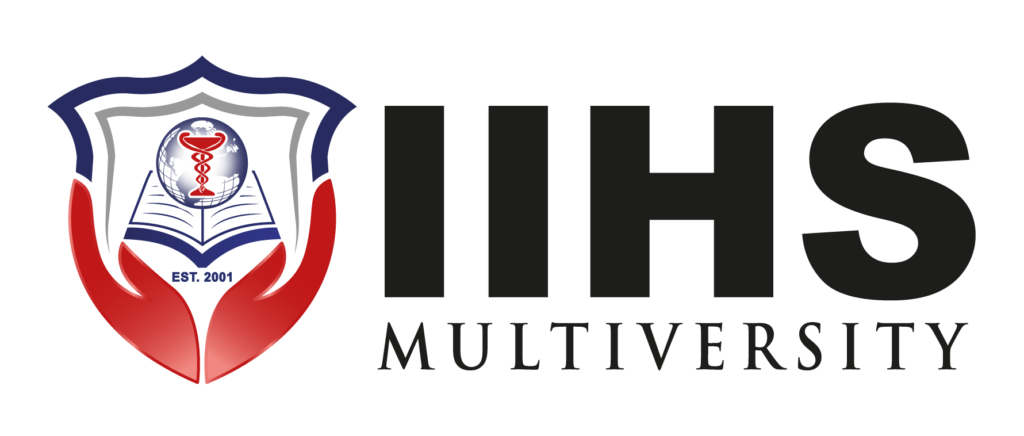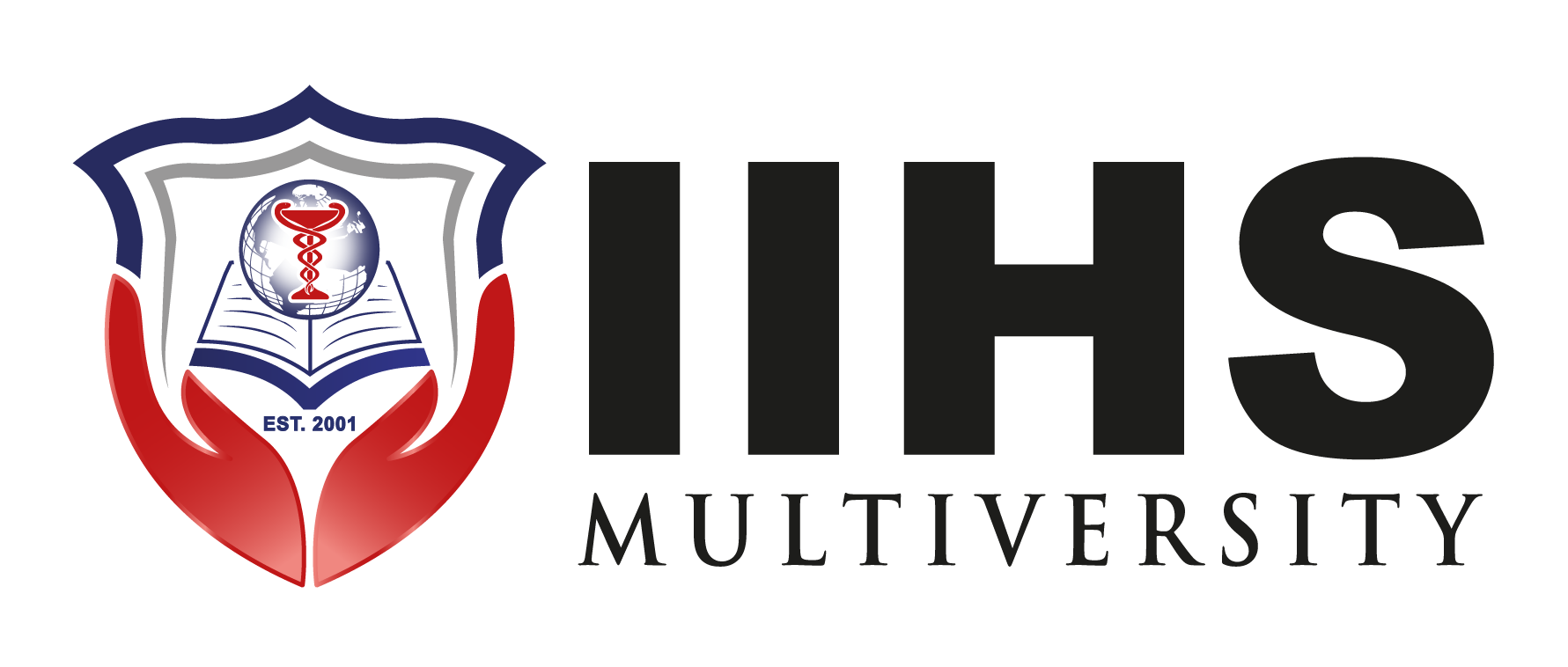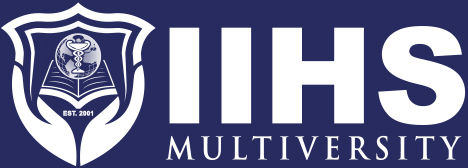April 22, 2024
The Crucial Role of Biomedical Science in Modern Medicine & Global Health
Introduction:
Biomedical science has been an essential component of modern medicine for decades. The field focuses on the study of human health and diseases, aiming to develop solutions to improve our quality of life. In recent years, the role of biomedical science has become increasingly significant, particularly in the context of global health challenges. In this blog post, we will explore the essential role of biomedical science in modern medicine and global health and how it can impact our lives.
1.Disease Diagnosis and Treatment:
Biomedical science plays a crucial role in the diagnosis and treatment of diseases. Biomedical scientists use research to uncover the mechanisms of diseases, identify potential targets for treatment, and develop new drugs and therapies. Without biomedical science, many of the conventional treatments we use today would not exist, and the diagnosis of many diseases would be difficult or even impossible.
2.Medical Technology and Innovation:
Artificial Intelligence (AI) and massive statistics analytics have the capability to revolutionize healthcare by means of allowing more accurate diagnoses, customized remedies, and predictive care. Healthcare professionals who’re properly-versed in AI, gadget learning, and records analysis will play a vital function in leveraging this technology to improve patient outcomes. From deciphering complex medical records to developing algorithms for early sickness detection, the call for for AI expertise in healthcare will continue to grow.
3.Public Health Initiatives:
Biomedical science is also crucial in public health efforts worldwide. Biomedical scientists are at the forefront of research efforts, monitoring and tracking diseases, developing vaccines, and providing critical guidance to public health officials to prevent the spread of infectious diseases. Biomedical science plays an essential role in developing public health policies, such as immunization programs and disease control strategies, helping to reduce the incidence of diseases globally.
4.Disease Prevention:
Biomedical science’s impact extends beyond the diagnosis and treatment of diseases; it also helps to prevent them. Biomedical scientists work on identifying the risk factors, partnering with other healthcare professionals to develop disease prevention strategies. For example, biomedical science plays a crucial role in understanding the lifestyle factors that increase the risk of conditions like heart disease, diabetes, and cancer. By understanding these risk factors, they inform public health policies that target disease prevention, leading to healthier communities and reducing healthcare costs over time.
Conclusion:
Biomedical science has an increasingly significant role in modern medicine and global health. From developing new drugs and therapies to designing innovative medical technologies to creating public health policies, it plays a crucial role in various aspects of healthcare. The intersection of biomedical science with other fields such as engineering, computer science, and public health, will continue to drive innovation and transform medicine, leading to improved health and longer, more productive lives. The impact of biomedical science is enormous, and it promises to play a vital role in improving our lives for years to come.


